Introducing Muriel Bouquier Ouziel
Muriel is a London-based certified nutritionist and micro-nutrionist with a PhD in Pharmacy and a passion for food to heal and nourish the body. 👩⚕️
With over 15 years of scientific and practical experience, she brings a wealth of knowledge to her role as a nutritional coach, empowering individuals to lead healthier lives through personalised and targeted nutrition programmes.
Her expertise covers a wide range of health challenges, including weight management, stress, chronic fatigue, sports performance, and medical treatment support. She also specialises in digestive issues, detoxification, women's health, and brain health.
Muriel is a member of London's practitioner network Baby & Me [2] and an affiliate member of the Association of UK Dietitians [3] (BDA). She's also a regular contributor to l'ECHO Magazine [4] and other publications.

Dedicated to helping clients achieve optimal health, Muriel is committed to guiding individuals to reach their full health potential.
How does diet influence sleep?
To sleep well, we need to respect our nutritional chronobiology and ingest the right food at the right time.
The role of melatonin
When considering diet and its impact on sleep, a key element is the synthesis of melatonin, a hormone essential for good sleep.
However, the production of melatonin in our bodies is a complex process that hinges on several nutritional factors:
- Melatonin production depends on adequate levels of serotonin, a neurotransmitter.
- For serotonin synthesis, our bodies require tryptophan, an essential amino acid. This amino acid is found in various foods, including dairy products, eggs, fish, poultry, chocolate, and almonds.
Ideally, consuming these tryptophan-rich foods in their raw form is beneficial, as tryptophan is sensitive to heat. When cooking is necessary, opting for low-temperature methods like steaming can help preserve tryptophan.
But, the conversion of tryptophan to serotonin and then into melatonin is not just about tryptophan intake.
It also requires the support of essential vitamins and minerals. These include Vitamins B3, B5, B6, B9, B12, Vitamin C, iron, copper, and the amino acid methionine.
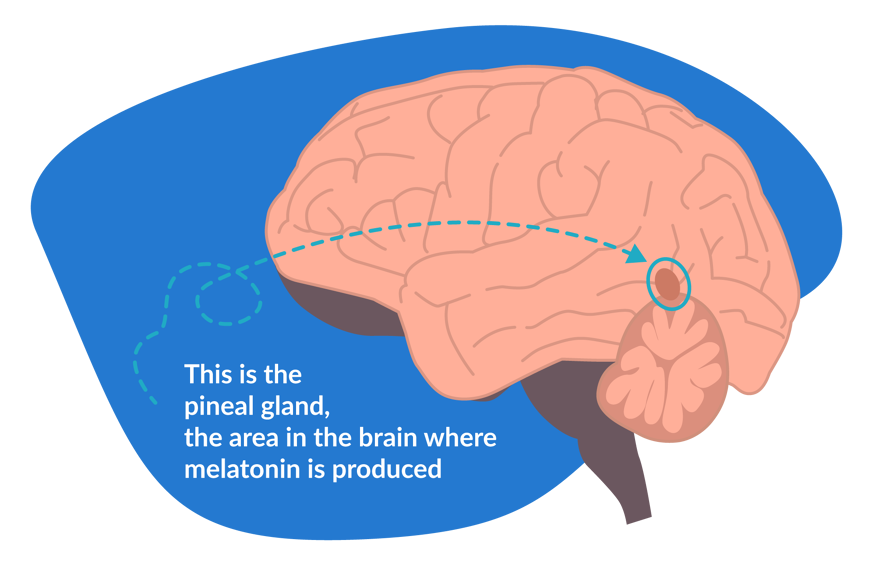
Understanding these dietary components can guide us in choosing foods that nourish our bodies and support healthy sleep by facilitating the natural production of melatonin.
Getting the right nutrients
Obtaining the full spectrum of nutrients necessary for optimal sleep can be achieved through a well-balanced diet that includes both animal and plant-based proteins and a variety of colourful fruits and vegetables.
- Animal and plant-based foods: Some nutrients - like iron - are more readily absorbed if they come from animal proteins, while others, like Vitamin B12, are only found in animal sources. Those following a vegetarian or vegan diet should carefully assess their dietary intake to ensure they are not deficient in these critical nutrients, and supplementation may be necessary to fill any nutritional gaps.
- Complex carbohydrates: Including complex carbohydrates in your diet, particularly in the latter part of the day, can aid in the production of serotonin. Wholegrain products and legumes like lentils, chickpeas, and beans are excellent choices. Wholegrains are not only rich in fibre, which aids in satiety, but also provide an array of nutrients, including B-group vitamins, magnesium, zinc, iron, selenium, and vitamin E. Legumes, on the other hand, are valued for their fibre content, plant proteins, vitamins, and minerals.
- Vegetables: Aim for a mix of colours and varieties to maximise the intake of essential vitamins and minerals needed for chemical reactions in the body.
By diversifying your diet to include these elements, you can ensure you receive all the co-factors for healthy sleep chemistry.
Specific foods to enhance sleep
Choosing the right foods, especially for an evening snack, can significantly enhance sleep quality.
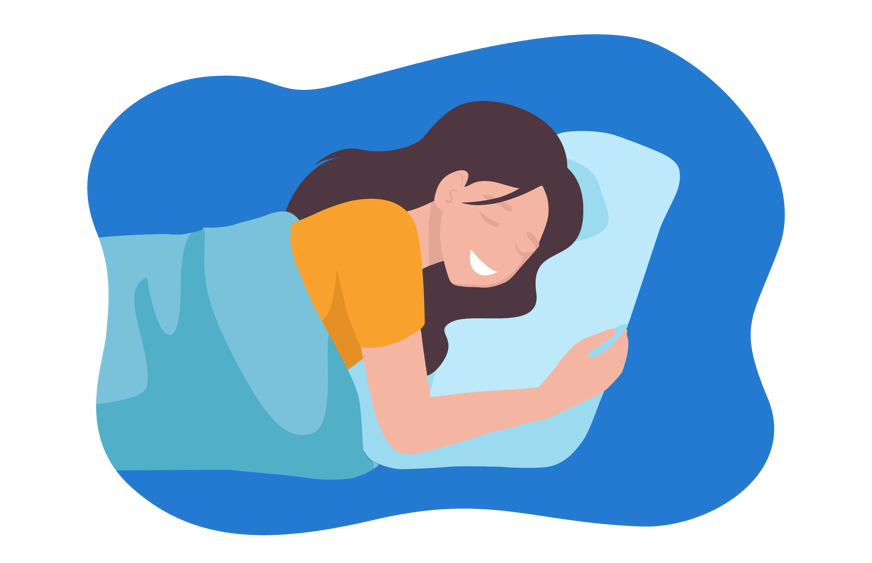
If you're feeling peckish at around 5 pm, a small yet effective snack would include a handful of almonds, some fresh or dried fruit, and a square of dark chocolate, preferably with at least 70% cocoa content. 🍫
This combination not only satisfies hunger but also aids in the assimilation of tryptophan, which, as we've seen, is an amino acid precursor to serotonin, a neurotransmitter that plays a key role in regulating sleep.
In the evening, it's also beneficial to focus on foods that support digestion and detoxification, as these processes can influence sleep quality.
Foods such as artichokes, turmeric (enhanced with pepper and a good omega-3-rich vegetable oil for better absorption), broccoli, rosemary, and black radish can aid the liver in processing waste.
Since liver cells undergo regeneration during the night, incorporating these detoxifying foods into your evening meal can be particularly conducive to restful sleep.
By mindfully selecting foods that support these bodily processes, you can create a diet that nourishes and helps achieve a more restful and rejuvenating sleep.
Which micronutrients are best for a good night’s sleep?
While you may want to focus on specific foods, it's also helpful to consider what micronutrients can help you get a good night's sleep. 😴
These are three of the main ones to consider.
Omega 3
Polyunsaturated fatty acids, commonly referred to as good lipids [5], play a crucial role in maintaining the fluidity of neuron membranes and enhancing inter-neuronal communication.
Omega-3 fatty acids, a type of polyunsaturated fat, are particularly beneficial and can be found in various food sources.
Good sources of omega-3 include:
- Oily fish: Small fish such as mackerel, sardines, and herring are rich in omega-3.
- Cold-pressed vegetable oils: Look for first-press oils from rapeseed, walnut, camelina, and flax. Flax oil, in particular, should be handled with care due to its susceptibility to oxidation. When choosing these oils, opting for organic varieties is advisable. These oils are best used in salads or as dressings for vegetables.
- Oleaginous fruits: Nuts, hazelnuts, and almonds are excellent plant-based sources of omega-3.
- Omega-3 enriched eggs: These are produced by hens that have been fed flax seeds.
- Meat and poultry: Animals fed diets rich in flax or alfalfa are omega-3-rich.
- Some leafy greens: Including lamb's lettuce and regular lettuce is a good idea, though these have lower omega-3 content than other sources.
Incorporating these foods into your diet can significantly contribute to the intake of omega-3 fatty acids, supporting brain health and overall well-being.
Vitamin D
Vitamin D, a vital fat-soluble vitamin, plays multiple roles in our body.
It strengthens our bones, supports our immune system, contributes to our nervous system's balance, and positively influences the quality of our deep sleep [6].

The body can synthesise Vitamin D through exposure to UV rays, ideally from about 15 minutes of daily sun exposure on the face and forearms.
However, sufficient sunlight exposure is often not achievable in many regions, particularly in the northern hemisphere, leading to widespread deficiency. ☀️
In terms of dietary sources, Vitamin D can be found in:
- Cod liver oil: Available in liquid form or as capsules, this is a potent source of vitamin D.
- Small oily fish: Good examples include mackerel, sardines, and herring.
- Milk: Fortified milk is a common source of Vitamin D.
Despite these sources, Vitamin D supplementation is frequently necessary to achieve optimal levels, especially in regions with limited sunlight. 🇬🇧
It is advisable to undergo a blood test to assess Vitamin D levels accurately and determine the appropriate supplementation dosage.
Magnesium
Magnesium plays a pivotal role as an anti-stress mineral, promoting sleep through the synthesis of neurotransmitters.
This essential nutrient can be found in various foods, making it accessible through a balanced diet.
Sources of magnesium include:
- Bananas: A convenient and nutritious source.
- Nuts: Almonds, cashews, and walnuts are rich in magnesium and other beneficial nutrients.
- Dark chocolate: Choose varieties with more than 70% cocoa for a healthy, magnesium-rich treat.
- Whole grains: A staple in many diets, whole grains are a good source of magnesium.
- Legumes: These plant-based proteins are also packed with magnesium.
- Green vegetables: Leafy greens, in particular, are excellent sources of magnesium.
Incorporating these foods into your diet can help ensure adequate magnesium levels, improving stress management and sleep quality.
Which foods should be avoided in the evening?
Some foods ought to be avoided in the evening.
- All meals rich in fat (such as red meat, delicatessen, cheese, and fast foods) take a long time to digest, disturbing your sleep.
- Chocolate with high amounts of cocoa is excellent for its high magnesium content and antioxidant properties, but it also acts as a stimulant and should be avoided in the evening.
- Avoid drinking coffee or caffeine-rich tea after 3 pm, as this can negatively affect your sleep.
- Alcohol may give the illusion of helping us fall asleep faster, but it actually reduces the phases of deep sleep and increases night-time awakening, also negatively affecting the quality of our sleep.
Don't forget that dinner should also be the lightest meal of the day.
What should we be drinking for better sleep?
Our bodies consist of approximately 60% water, underscoring the importance of proper hydration for optimal physiological function. 💦
Research has demonstrated a link between hydration levels and sleep quality [7]. Adequate hydration contributes to improved sleep duration, combats fatigue, and enhances concentration.
Consuming between 1.5 to 2 litres of water daily, ideally outside meal times, is recommended to maintain proper hydration.
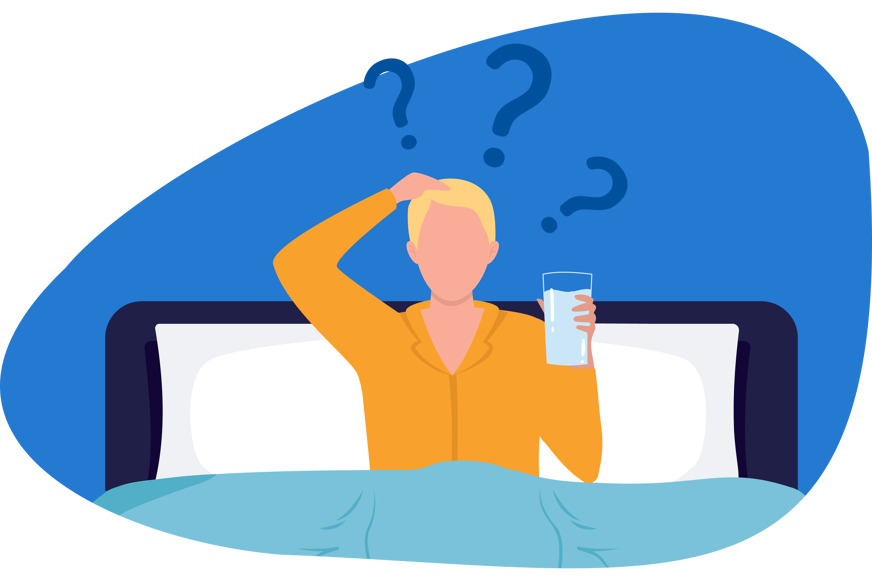
Additionally, some types of water are fortified with magnesium, known for its anti-stress properties and benefits for sleep, making it a beneficial choice for daily hydration.
Green tea is also an excellent source of antioxidants and beneficial for liver function, but it does contain caffeine. Therefore, it's advisable to avoid consuming green tea late in the day to prevent any potential disruption to sleep patterns.
Muriel Bouquier Ouziel and Sleep Hero
Muriel offered her wonderful insights to help us cover this subject, but we also work with a range of permanent Sleep Hero experts.
You may be interested in some of our expert interviews:
- Susanne Willekes, a Dutch sleep coach for children, shares some of her best coaching practices.
- Bristol-based CBT-i therapist Andrew Green shares his insights on sleep therapy.
- Sleep coach Björn Steinbrink talks about the importance of good sleep.
Check back often or browse our blog for more. 🥳
Contact Muriel Bouquier Ouziel
Contact: To contact Muriel directly for questions or a micro-nutrition analysis, please contact her directly via email at mbonutrition@gmail.com or telephonically at +44 752 101 7953. Alternatively, you can fill out the contact form [8] on her website or visit Muriel's Instagram and Facebook profiles.
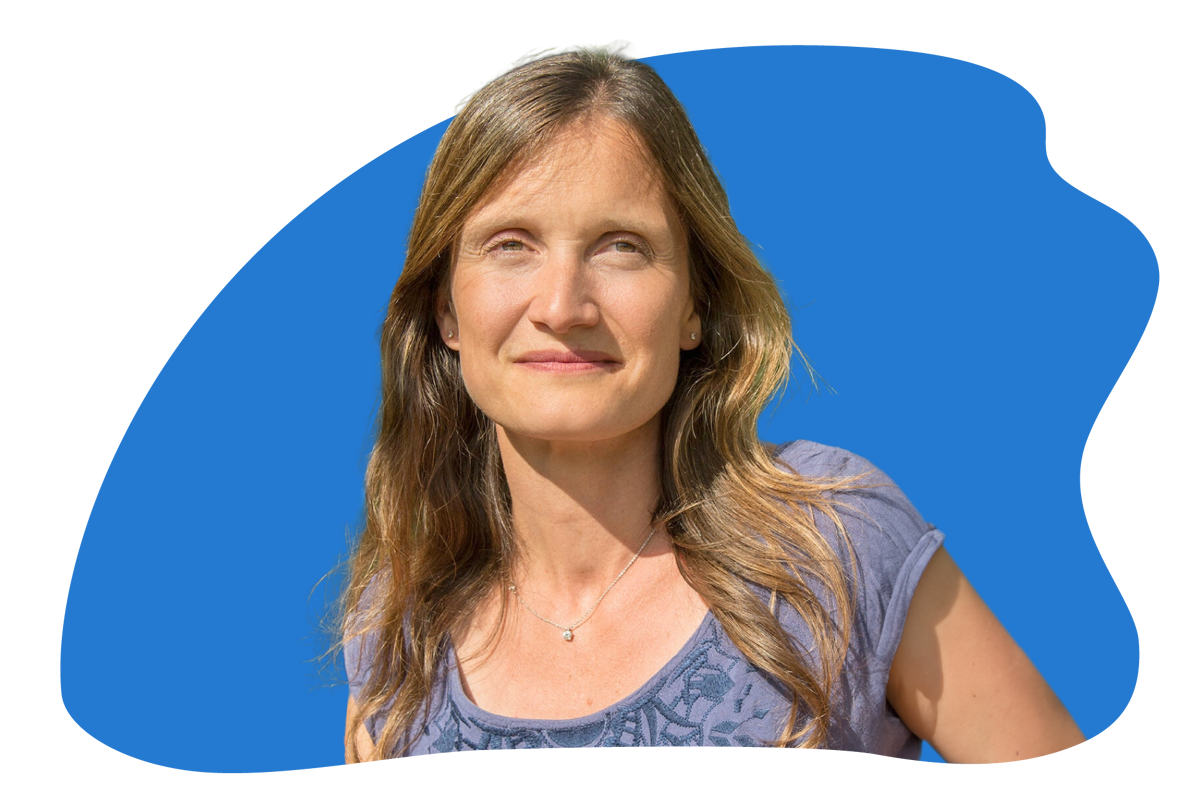





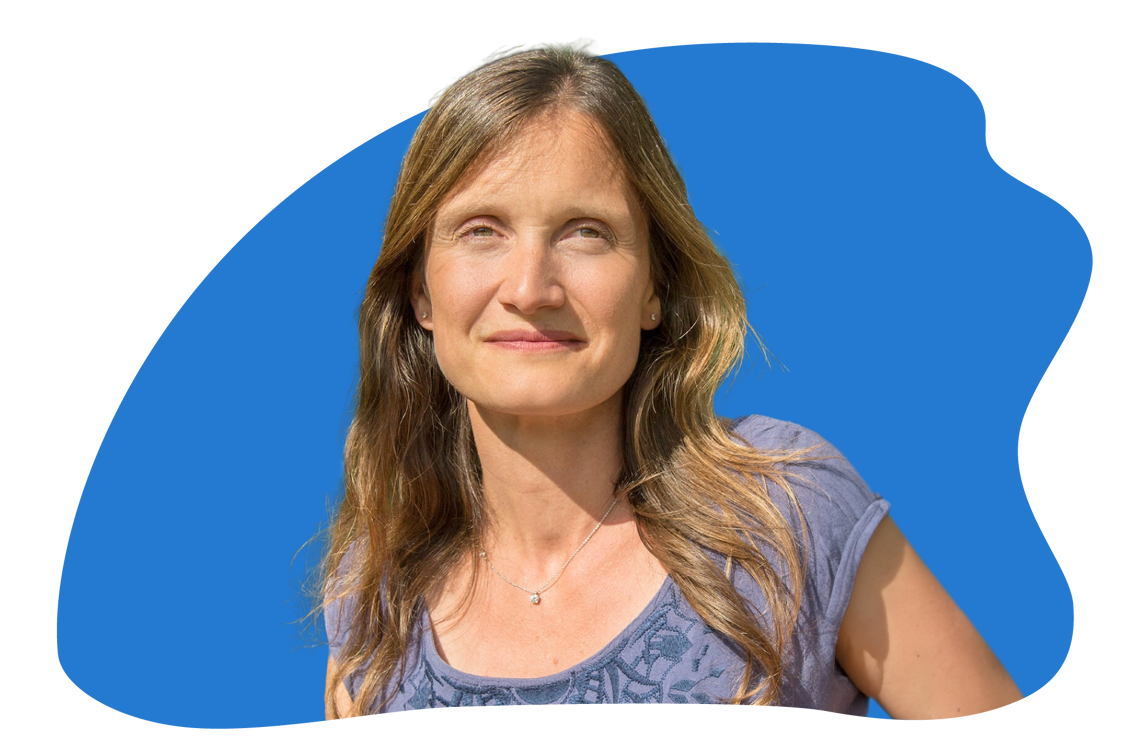





Alternatively, message us directly via the Contact Us page.